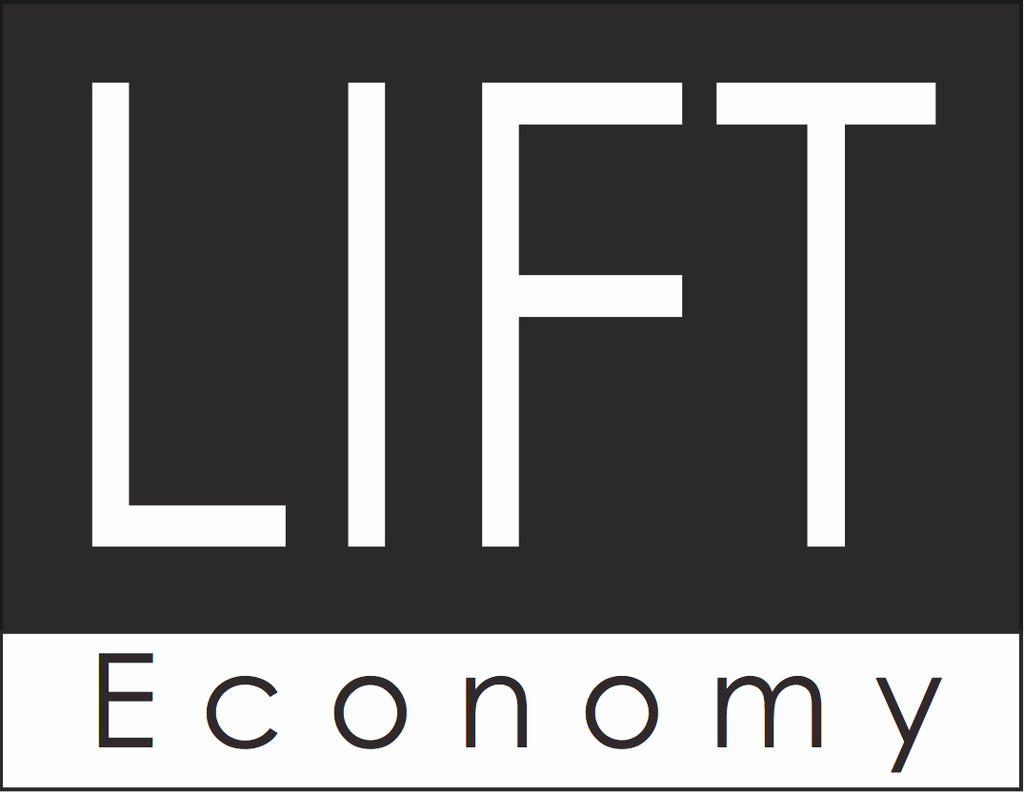In this episode of Next Economy Now, Ryan Honeyman, a partner and worker-owner at LIFT Economy, interviews Kate Poole, who co-leads Regenerative Finance, a collective of young people with wealth working to shift control of capital to communities most affected by racial, economic, and climate injustices. Poole is also a member-leader of Resource Generation, which works to redistribute land, wealth, and power. She creates comics and zines about racial justice and wealth redistribution and the intersection of economic and spiritual practice.
In this interview we discuss:
-
Buddhist economics and right livelihood
-
The backstory to the Resource Generation collective
-
Applying values-based principles to investing through non-extractive finance, shared risk, and zero percent interest loans
-
Stewarding accumulated wealth and returning it to communities from which it was historically extracted
-
Karmically sound methods of accumulating capital
-
Emotional challenges that can come with inherited wealth that was derived from the trauma of others
- The Buen Vivir Fund and other examples of inverting power relations, centering the work on acting from love, and being in authentic relationship with communities to build the self determination
If you only have two minutes, click here for a highlight from the interview.
This is part of a series of Next Economy Now podcasts we are publishing on Shareable. You can also listen/subscribe to the podcast on iTunes, Overcast, Stitcher, or your favorite podcasting platform.
Next Economy Now highlights the leaders who are taking a regenerative, bio-regional, democratic, transparent, and whole-systems approach to solving social and environmental challenges. The goal of this podcast is to identify the trends, tips, and best practices that will help listeners better harness the power of business as a force for good.
Header image by Ruchit Goswami via unsplash










